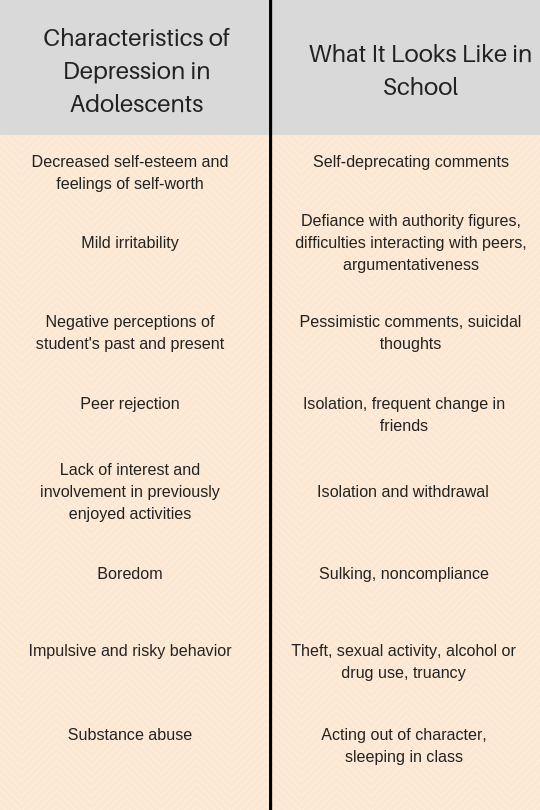 By Seth Woolcock
By Seth Woolcock
You’ve heard that parents live vicariously through their children. Sports is no exception.
If you haven’t yet been on the sidelines, watching your kid play, maybe you haven’t seen the parent obsessed with their child’s performance. Yelling negative comments at their kid, the coaching staff and even the referee. It’s why a lot of kids’ sports leagues have put in new rules.
But their are parents at the other end of the spectrum, also. Maybe their kid is serious about sports, but when it comes game time, they look up and no one is there. Their teammates have both of their parents, plus two sets of grandparents, a couple of aunts and uncles, and even a few cousins. But they don’t see anyone cheering them on.
These are the kids that get a ride home from practices and games. Their parents were “just too busy” to come pick them up.
That was me. In high school I lettered in varsity wrestling and soccer every year since I was a freshman. The amount of times I had my parents supporting me at my matches and games was far smaller than the times I didn’t have anyone there.
While nobody wants that over-involved parent, screaming in their face after every bad play, also, nobody wants to be the kid never hearing a cheer from the crowd.
So where is the happy medium? How do you help your child feel good about themselves and have a positive experience with athletics? Here are my thoughts.
Be there to support, but not to coach
First, a parent should be there to be a child’s number one fan, win or lose. But unless they are actually on the staff, they should leave the coaching to the coaches. If you’re seeing your child give 100 percent, that should be the most important thing to you.
Sure, who doesn’t want their kid to be successful in everything they do. Athletics are probably no exception.
But, when wins and losses become the only thing you focus on, it could become the only thing your child focuses on as well. Sports are something that can teach kids valuable lessons from a young age such as not being afraid to put themselves out there, losing graciously, perseverance and creating a good work ethic. But sports shouldn’t be the number one thing in their lives. Nor yours.
Being there
Everyone understands that parents today are busy. And sometimes it’s easier to ask someone else to give your kid a lift home from practice. But with that being said, even if you can’t be there every time physically, it’s important to be there for them emotionally.
Ask them how practice was and what they learned. Ask them what they’re goals are and how they think they can work to accomplish them. Asking questions and being involved with their athletics is an easy way to open up a good line of communication, which may be helpful if more serious circumstances ever come up. But it is a delicate balance of asking questions, having good conversations, and carrying it too far. And resist the urge to “coach” even off the field – at home.
Make sure they’re taken care of physically
While it’s always important to make sure your kid is healthy, i’s even more crucial that your athlete is getting the proper nutrition. For more information on properly feeding your child athlete, head over to KidsHealth.org. I also strongly recommend family dinners. See our post about that right here.
Aside from food, make sure if any injuries happen they are treated properly. Today, the second leading cause of emergency visits in the U.S. is sports injuries. According to Nationwide Children’s Hospital Sports Medicine, over three million youth are seen in hospital emergency rooms for sports-related injuries and another five million are seen by their primary care physician.
If you’re child does get injured, just remember R.I.C.E.: Rest, Ice, Compression and Elevation. For more on RICE, visit nationwidechildrens.org.
By the way, according to ESPN , the second leading cause for boys and third leading cause for girl to quit a sport is because of injury. Some injuries are preventable. Make sure you’re doing your part.
Make athletics fun for your child
It’s pretty widely known that an athlete can give their peak performance when they are having fun at a competition. When your child begins to not enjoy going to practice or competing anymore, it may be the beginning of a burnout. If this happens, try to find the root of the problem. Is it the pressure, the coaching or just plain exhaustion? Something else?
Find the Midfield
Your child benefits a great deal from athletics. It helps them stay physically fit. It gives them a sense of belonging and team camaraderie, and maybe even a few life long friends. But you’ve got to set the tone. Avoid the extremes of not caring at all and caring too much.
And enjoy it all. These are the good times.



 By Katie Mest
By Katie Mest